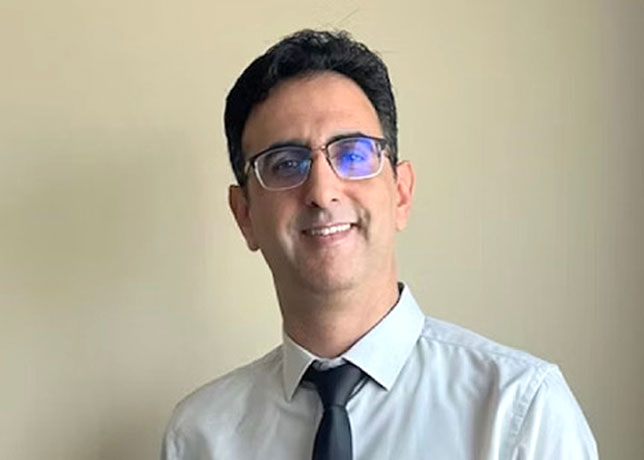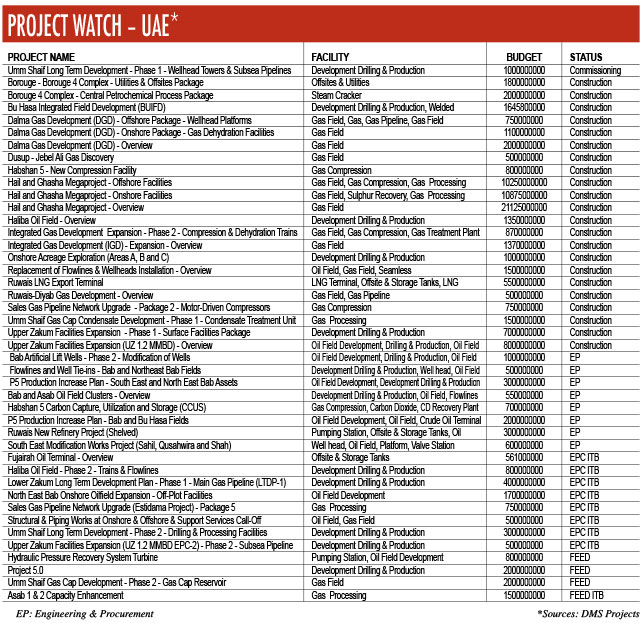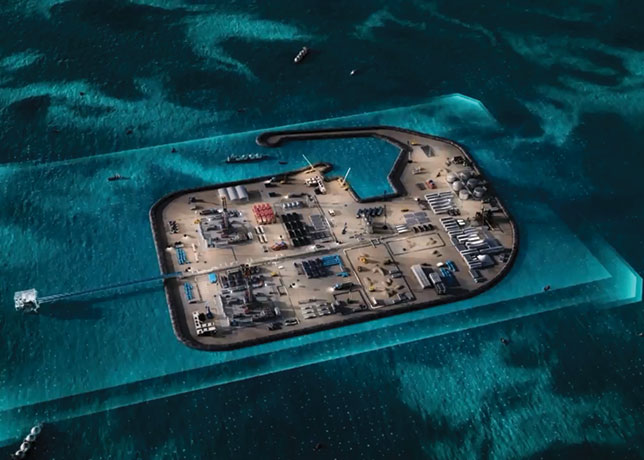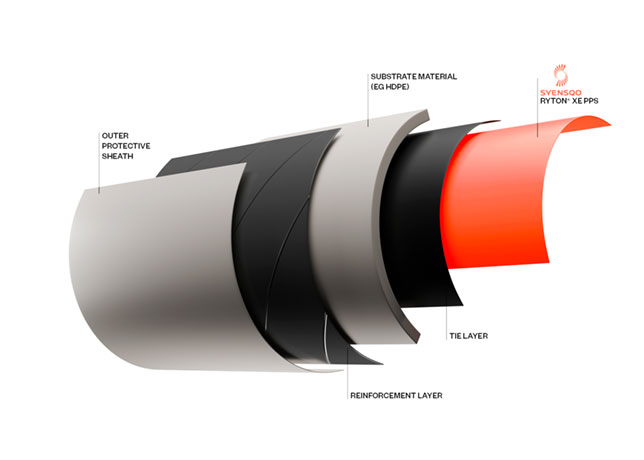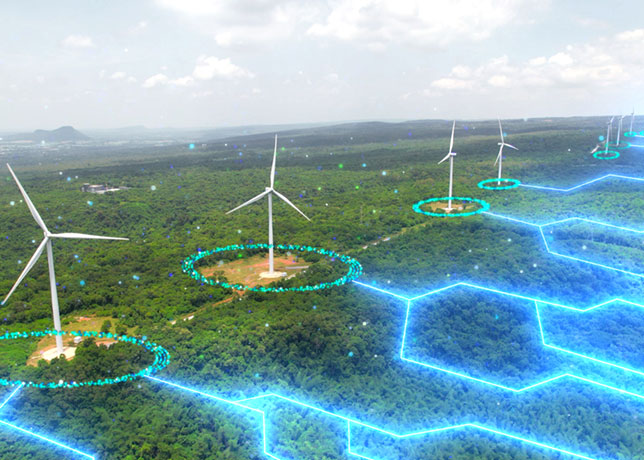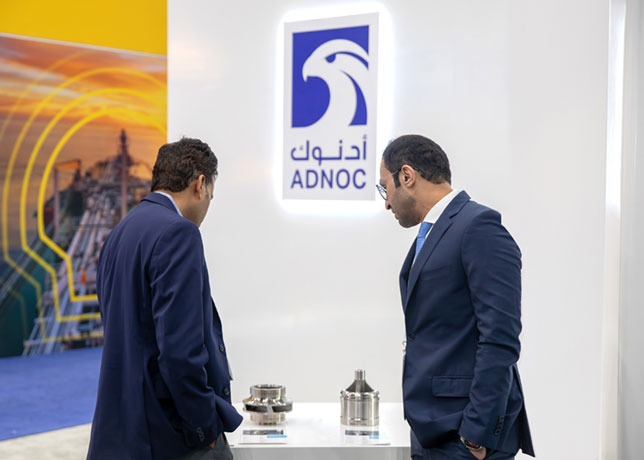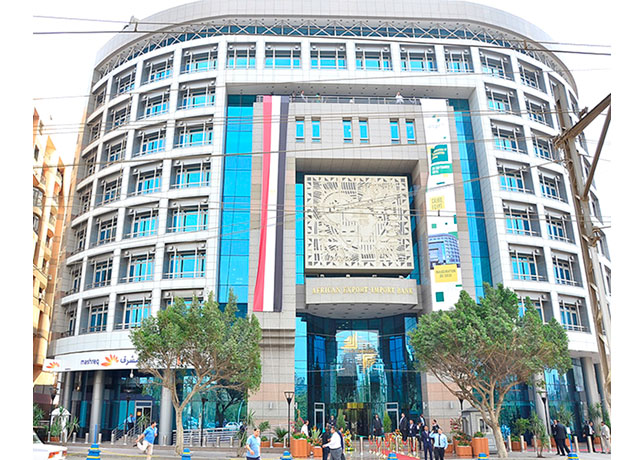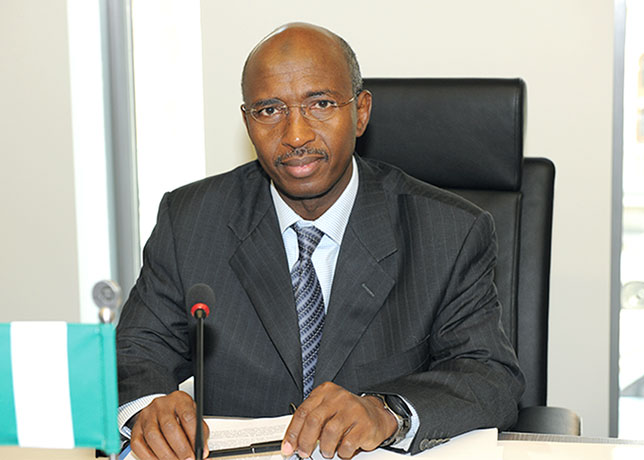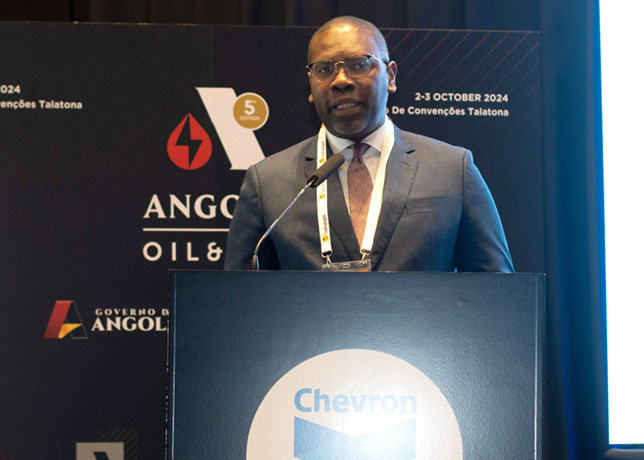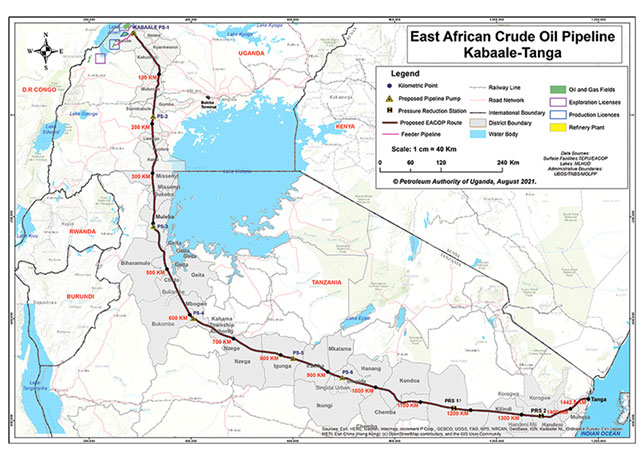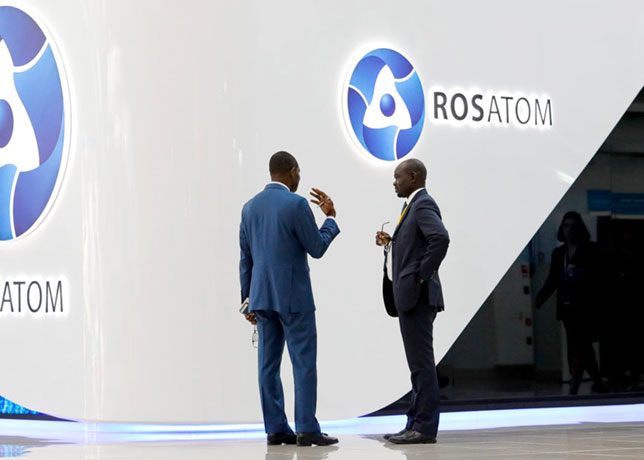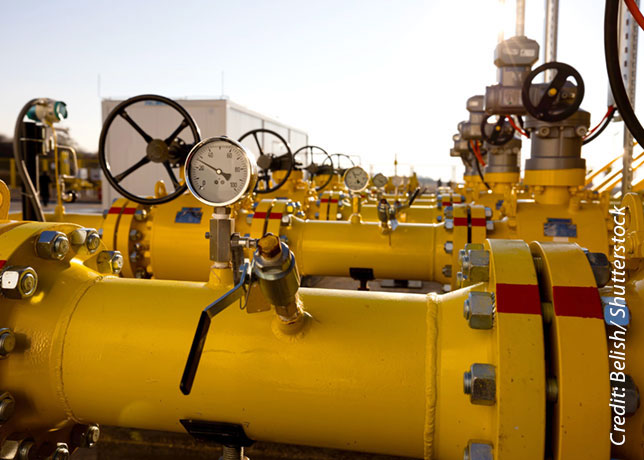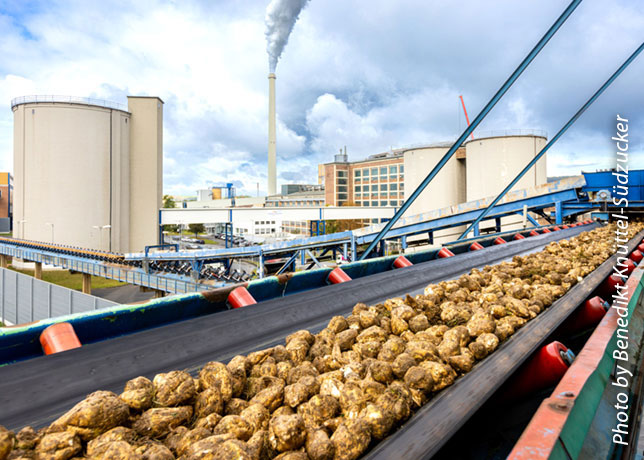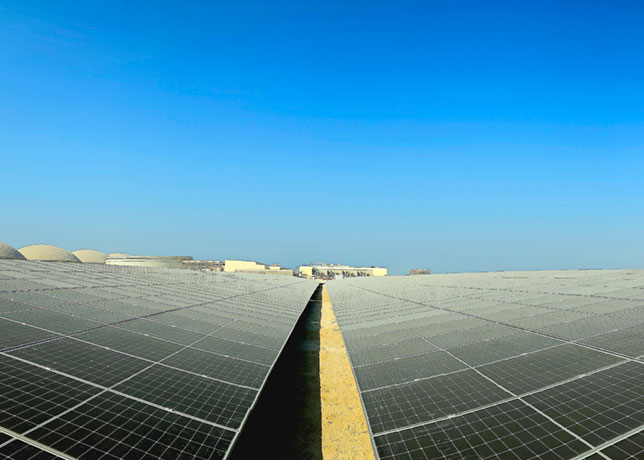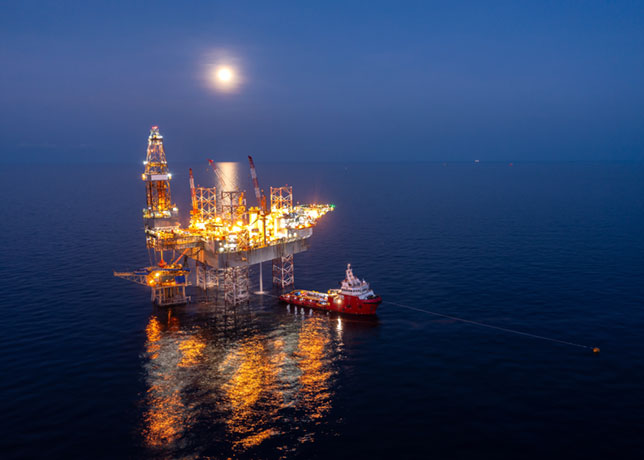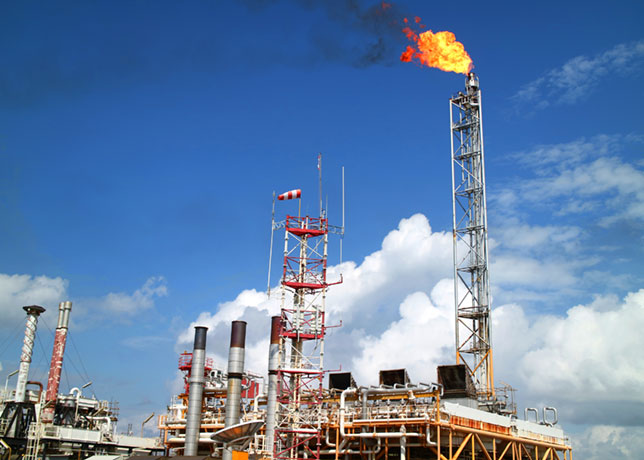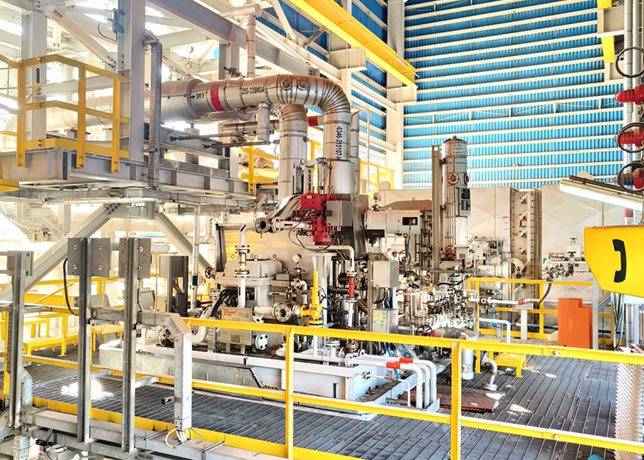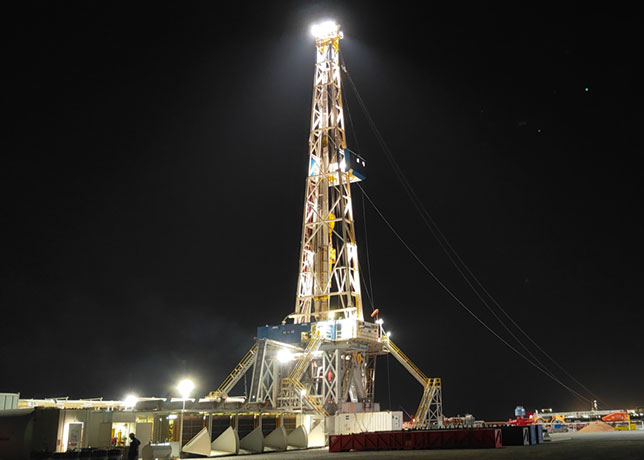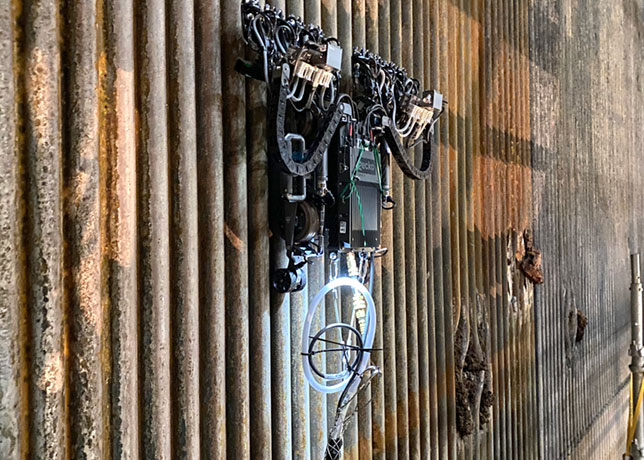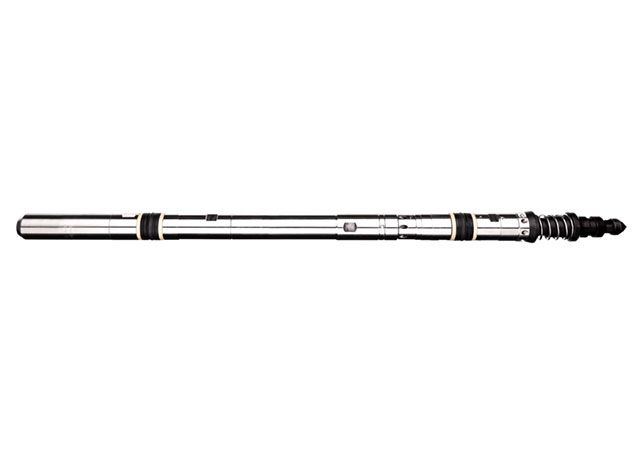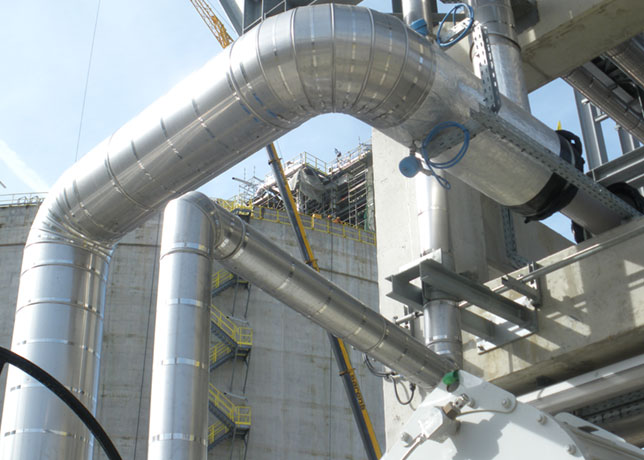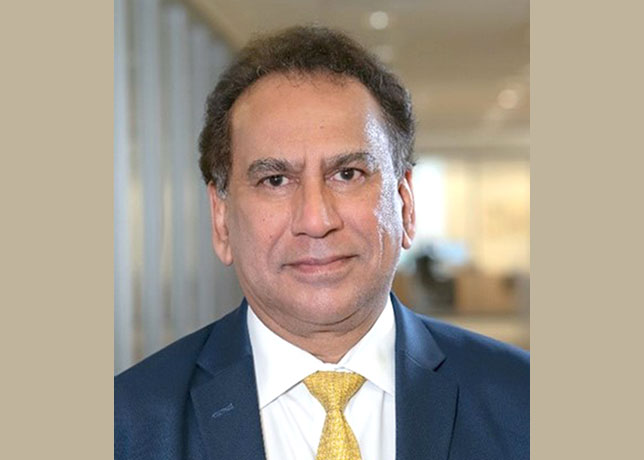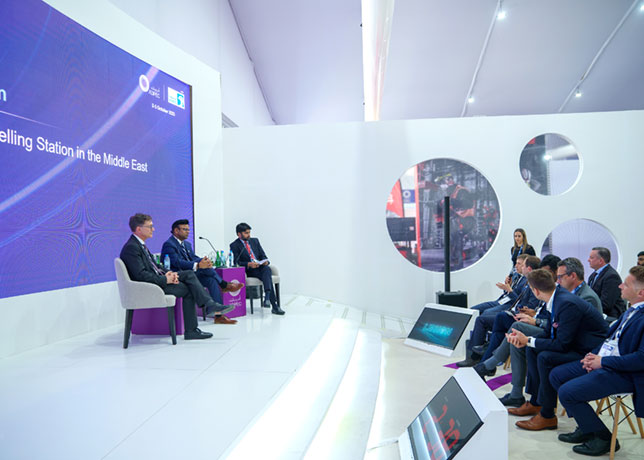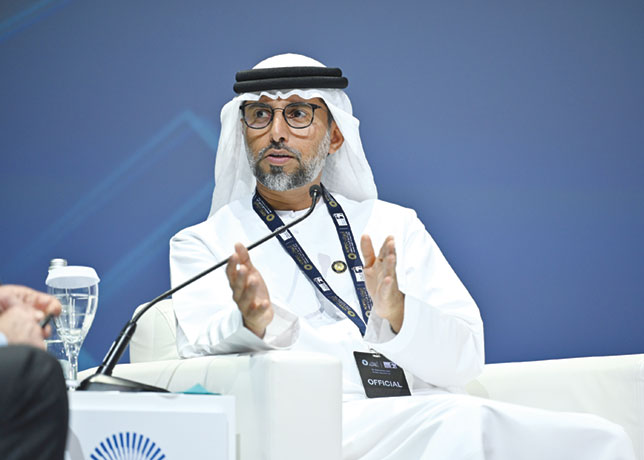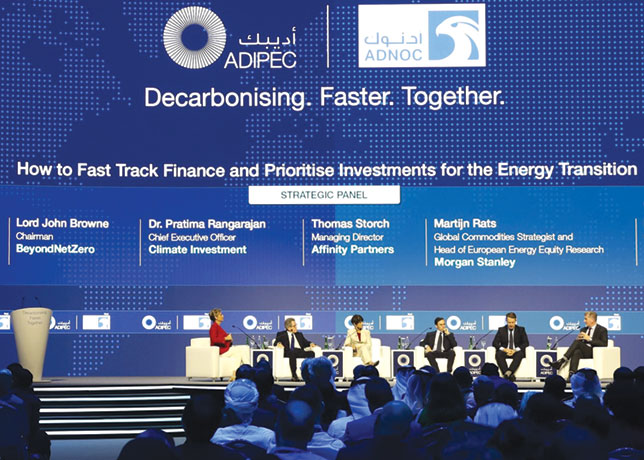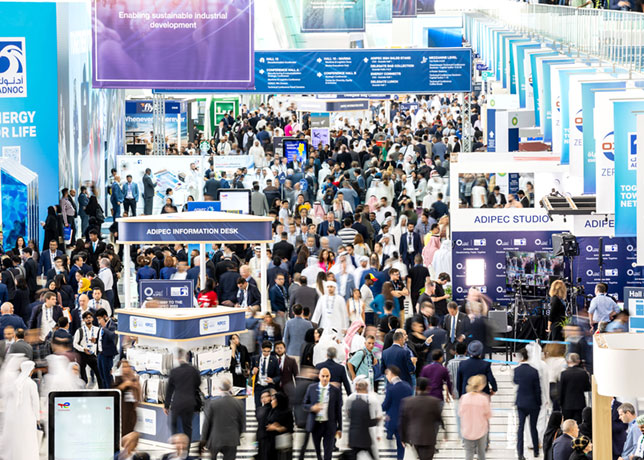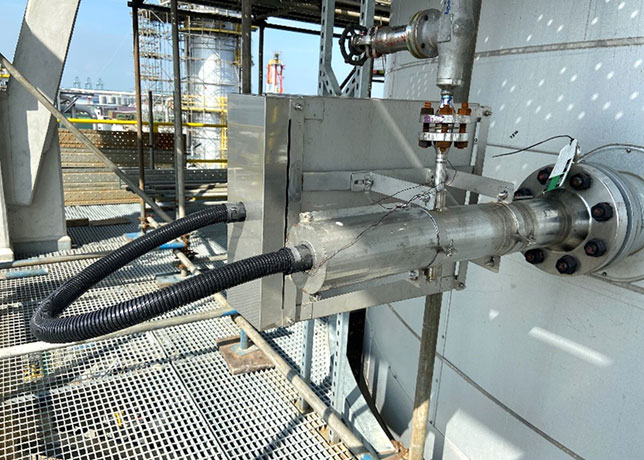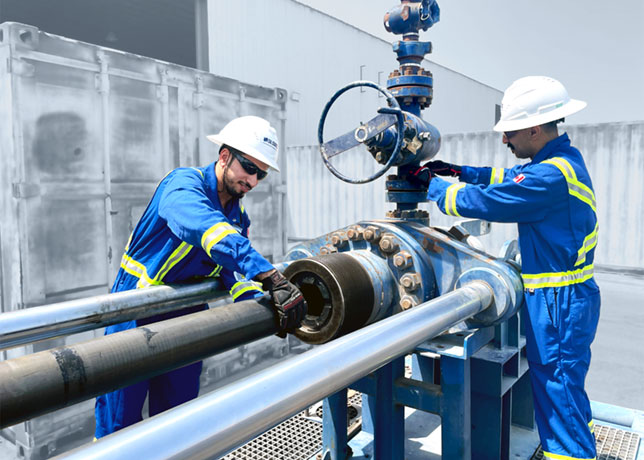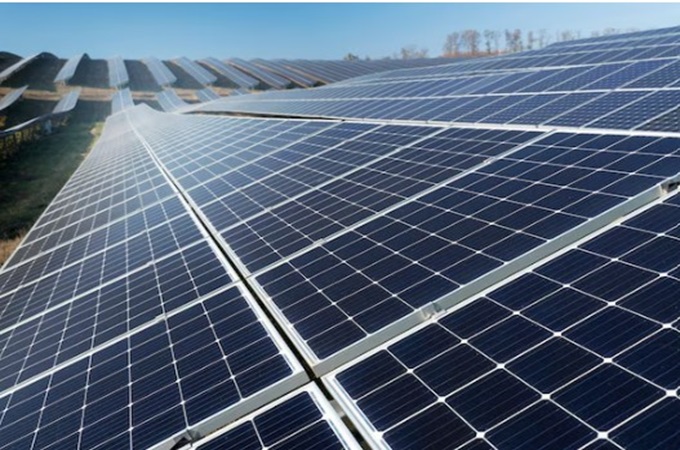 The UAE explores renewable energy potential in India
The UAE explores renewable energy potential in India
The UAE has signed an investment memorandum to explore the development of a 60GW energy project in the western Indian state of Rajasthan that involves solar, wind and hybrid energy opportunities, a report said.
The historic agreement aims to bring in best-in-class renewable energy technologies to build a long-term plant serving critical energy needs in the state, Emirates News Agency, WAM, said.
The partnership builds upon the wider Investment Cooperation established between the UAE Ministry of Investment and the Ministry of New and Renewable Energy of the Republic of India in which the development of such a project was first outlined.
Mohamed Hassan Alsuwaidi, UAE Minister of Investment, and Ajitabh Sharma, Principal Secretary of Industries in the Government of Rajasthan, signed the memorandum.
The UAE will appoint an appropriate developer to implement this landmark initiative, in close collaboration with relevant Indian authorities.
Alsuwaidi said: “Meeting tomorrow’s energy needs through sustainable and renewable methods is essential. The UAE remains at the forefront of an ambitious diversification agenda, with energy transition as a key pillar.
“This project highlights our unwavering commitment to advancing clean energy solutions. Rajasthan, with its favourable climate and vast landmass, offers the ideal environment for this initiative, serving as a testing ground for innovative technologies that will shape the future of energy."
Sharma said: “India is steadfast in its commitment to a sustainable energy future, and partnerships like this one with the UAE playing a crucial role in achieving our goals.
“By leveraging Rajasthan's natural advantages, this project will not only accelerate our energy transition but also serve as a model for innovation in renewable energy. Together, we are forging a path towards a greener, more sustainable world."
The UAE and India have outlined ambitious clean energy goals in recent years. As part of the UAE’s Energy Strategy 2050, the country plans to invest over $163 billion by 2050 with the aim to have 50% of its energy mix from come from clean sources the same year.
Additionally, the UAE aims to achieve net-zero emissions by 2050, aligning with global climate goals and enhancing its economic sustainability.
Rajasthan’s plan which is in line with India too is making significant strides in its clean energy transition, aiming to reduce carbon intensity by 45% by 2030 and achieve net-zero emissions by 2070.
Currently, 40% of India’s power capacity comes from non-fossil fuels – nine years ahead of schedule. Additionally, with the $2.4 billion National Green Hydrogen Mission, India seeks to position itself as a global leader in green hydrogen production, usage, and export by 2030.






